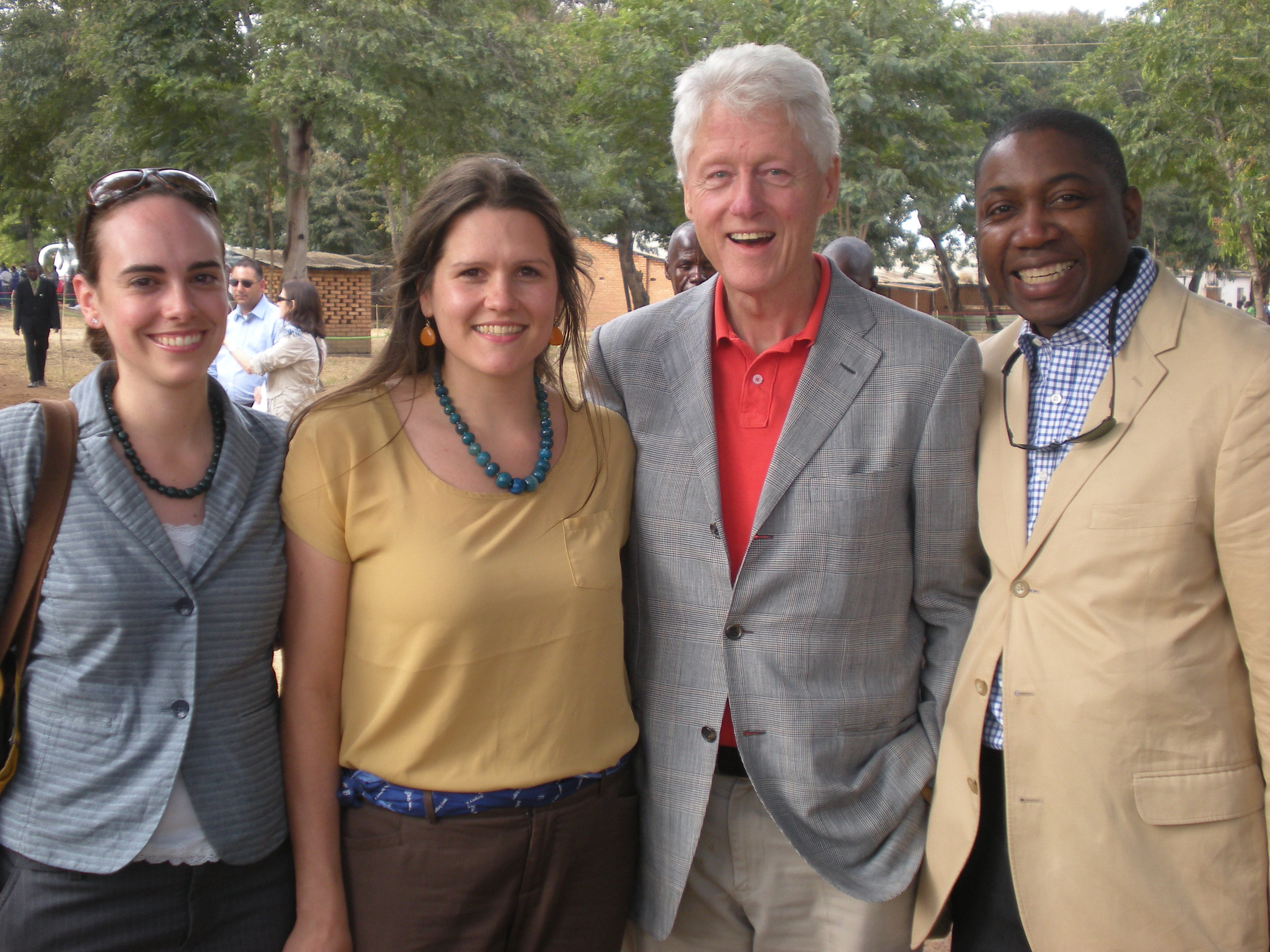Welcome to the UNC Malawi Surgical Initiative
Introduction of Malawi Surgical Initiative
The UNC Burn & Surgical Initiative in Malawi from UNC Surgery on Vimeo.
The care of infectious diseases in sub-Saharan Africa has driven improvements in health care delivery for patients suffering from communicable diseases, particularly HIV/AIDS. Using these strides as a scaffolding, we can improved the healthcare of entire populations. With this model, University of North Carolina surgeons are working toward long-term improvement in surgical care for the people of Malawi in collaboration with the UNC Division of Infectious Diseases UNC Project.
Malawi is an impoverished country of 14 million people in southeastern Africa, where only $14 per person is spent each year on healthcare. There are only 25 surgeons in the country, and only a few are Malawian. Individual mission trips can provide care for a few patients, but training Malawian to be surgeons, teachers and leaders will provide and improve surgical care for years to come.

- Congenital anomalies, such as cleft lip and palate or imperforate anus
- Abdominal conditions such as hernias, appendicitis and bowel obstruction
- Traumatic injuries such as collapse lungs, internal bleeding and broken bones
- Complications of childbirth
- Cancer, as most Africans do not have access to radiation and only limited access to chemotherapy, so surgery is frequently the only curative option.
In collaboration with surgeons at Kamuzu Central Hospital in Lilongwe, Malawi, the Malawi College of Medicine in Blantyre, Haukland University Department of Surgery, Bergen, Norway and the University of North Carolina Departments of Surgery and Otolaryngology/Head & Neck Surgery, a new surgical resident training program was established at Kamuzu Central Hospital in July 2009. The program is accredited by the College of Surgeons of Eastern, Central and Southern Africa (COSECSA). After 5 years of post medical school training, these young men and women will spend a lifetime providing surgical care to some of the poorest people in the world. In addition, they will become the faculty for the self-sustaining training program, training generations of surgeons and leaders.
Providing surgical care requires a diverse team of professionals: general and subspecialty surgeons, anesthesiologists, intensive care physicians, nurses, pathologists and radiologists. The Malawi Surgical Initiative brings together professionals from UNC and other institutions to provide training for the KCH General Surgery Residency Program and conduct research of surgical diseases, as outlined to our mission statement.